Pure Choice Farms
How to Prevent Muscle Loss on Ozempic
In recent years, Ozempic (semaglutide) has gained attention for its effectiveness in managing type 2 diabetes and aiding weight loss. However, like with any medication, there are considerations to keep in mind, especially concerning muscle health. One common concern among individuals using Ozempic is the potential for muscle loss. Understanding Ozempic and Muscle Health Ozempic belongs to a class of medications known as GLP-1 receptor agonists, which work by mimicking the effects of a hormone called glucagon-like peptide-1 (GLP-1). While effective for weight loss and glucose control, some users may experience weight loss that includes muscle mass, especially if...
Pure Choice Farms
The Ultimate Guide to Organic Whey Protein: Requirements and Quality Considerations
Understanding what it takes for whey protein to be certified organic and the quality differences between organic whey blends and whey protein isolate is crucial for making an informed decision. First off, there is no true Organic Whey Protein Isolate on the market because it would cost consumers $200+ for 5lbs. The technology is available, but the cost is so high there is not a large enough consumer market for it to make it feasible for whey companies to sell. That's why any organic whey is always converted to the lowest grades of whey, typically being whey protein concentrate. What...
Tony Meives
What is Whey Protein?
Whey protein is a high-quality, complete protein derived from milk during the cheese-making process. It's one of two main proteins found in milk, with the other being casein protein. Whey protein is separated from the liquid part of milk (the whey) and undergoes various processing methods to create protein supplements in the form of powder, concentrates, isolates, and more. Types of Whey Protein The most common types of whey protein are Whey Concentrate and Whey Isolate Whey Protein Concentrate (WPC) Whey Protein Concentrate contains varying amounts of protein (typically around 70-80%), with the rest composed of fats and carbohydrates. It...
Tony Meives
How to Increase Protein Intake
Protein is an essential nutrient for our bodies, especially for those who are fitness-minded and looking to build muscle, recover after intense workouts, or simply maintain a healthy lifestyle. The recommended daily intake generally ranges from 0.75 to 1.25 grams of protein per pound of body weight. It's often challenging to eat that many grams of protein per day without prioritizing this macronutrient and intentionally planning out your meals a head of time. Here are a few options to help you hit your protein goals! Increase Protein Intake with High-Protein Foods One of the most effective ways to increase your...
Recent articles
